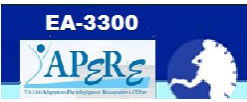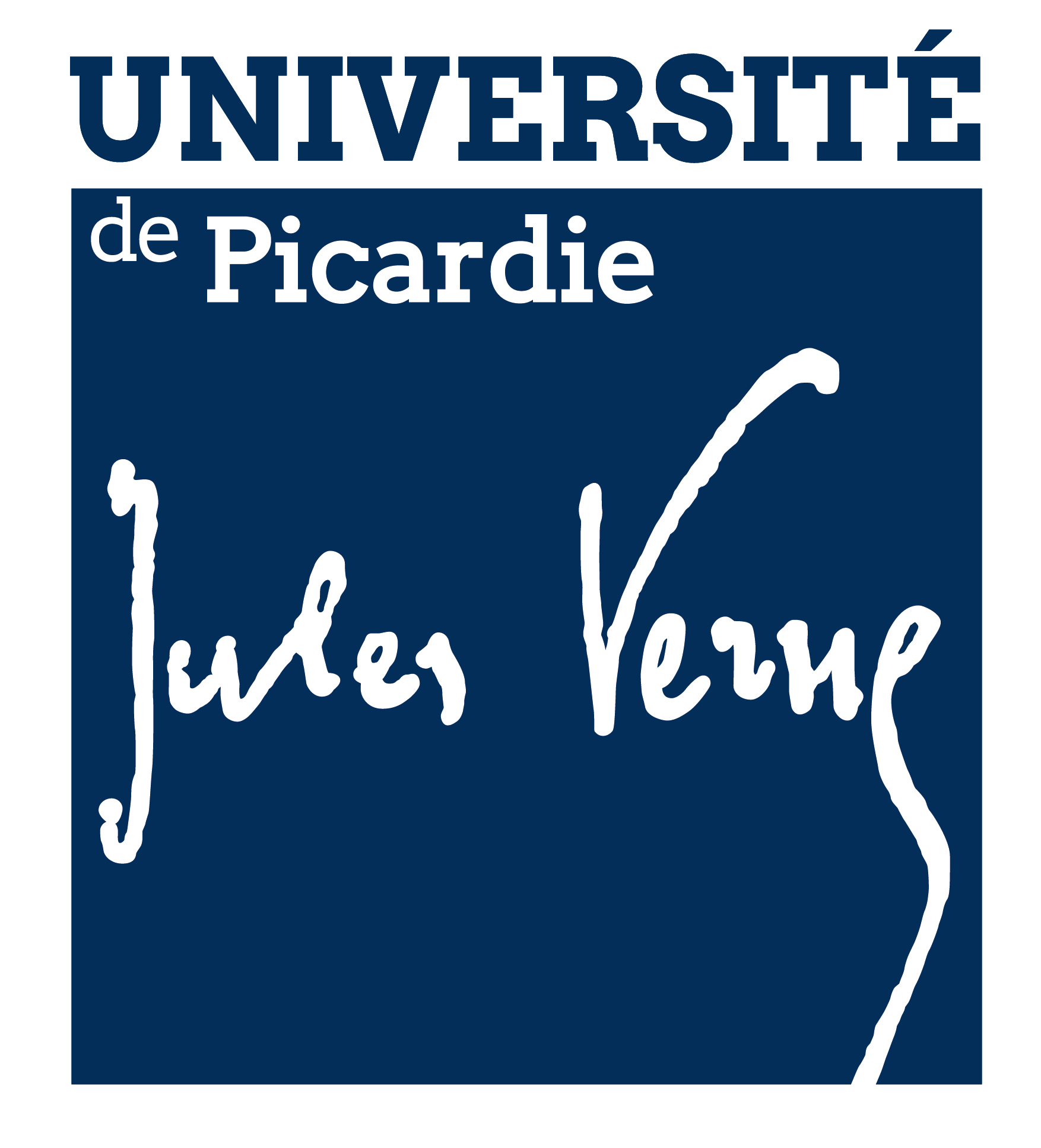-
Health and Nutrition
-
Societal and economic transition & Risk management
Physiological Adaptations to Exercise and Exercise Rehabilitation (APERE)
Research unit - UR 3300
The research themes of APERE are aimed at studying the adaptations inherent to muscular exercise and motor skills in healthy and pathological subjects, based on an integrative human physiology and physiopathology approach.
The research focuses on the interactions between the respiratory, cardiovascular, neuromuscular and energetic systems involved in motor function. It provides a better understanding of physiological adaptations and behaviours to effort, with the aim of setting up personalised, adapted and innovative effort rehabilitation and sports training programs.
-
Saïd Ahmaidi
Director -
Hélène Pionnier
Secretary
Avenue Paul Claudel
UFR des Sciences du Sport
80025 AMIENS CEDEX 1

Effectif
Effectif total : 21
Personnel de recherche : 14
Personnel d'appui à la recherche : 1
Skills
• Stress rehabilitation,
• Identification of mechanisms of performance limitation in sports and those related to aging,
• Study of stress intolerance in cardiorespiratory / metabolic / muscle pathologies,
• Study of the interactions of the respiratory/cardiovascular/muscular systems involved in exertion.
Example(s) of projects
This project brought together a consortium of five (5) grandes écoles (ENPC, ENS, Centrale Lyon, INSA Rouen and INSA Lyon), five (5) universities (Universities of Rouen, Rennes, Picardie, Lille and Paris XIII) of the Institut National du Sport, de l'Expertise et de la Performance (INSEP) and two sports federations (Fédération Française de Natation - FFN and Fédération Française Handisport - FFH).
To meet the needs of these sports federations, three areas of work were identified in the NePTUNE project, in accordance with the 5th challenge (Learning and Performance Optimization), the 7th challenge (Big Data and Artificial Intelligence for Performance) and the 9th challenge (Specificity of the Paralympic) of the ANR project call.
Example(s) of publications
2. Leprêtre PM, Ghannem M, Bulvestre M, Ahmaidi S, Delanaud S, Weissland T, Lopes P. Exercise-based Cardiac Rehabilitation in Coronary Disease: Training Impulse or Modalities? Int J Sports Med. 2016 Dec;37(14):1144-1149. 🡭
3. Costalat, G., Lemaitre, F., Tobin, B., & Renshaw, G. (2018). Intermittent hypoxia revisited: a promising non-pharmaceutical strategy to reduce cardio-metabolic risk factors?. Sleep and Breathing, 22(1), 267-271.
4. Chlif, M., Chaouachi, A., & Ahmaidi, S. (2017). Effect of aerobic exercise training on ventilatory efficiency and respiratory drive in obese subjects. Respiratory Care, 62(7), 936-946.
5. Wazzani R, Pallu S, Bourzac C, Ahmaïdi S, Portier H, Jaffré CPhysical Activity and Bone Vascularization: A Way to Explore in Bone Repair Context?. Life (Basel). 2021 Aug 2;11(8):783. 🡭
6. Sautillet, B., Leprêtre, P. M., Schmitt, L., Ahmaidi, S., & Costalat, G. (2021). Post-exercise Heart Rate Variability: Whole-body Cryotherapy vs. Contrast Water Therapy. International Journal of Sports Medicine.
7. Delaval B, Abaïdia AE, Delecroix B, Le Gall F, McCall A, Ahmaidi S, Dupont G. Recovery During a Congested Schedule and Injury in Professional Football. Int J Sports Physiol Perform. 2022 Apr 28;17(9):1399-1406. 🡭
Collaborations/Partners/Scientific clients
Département des Sciences et Techniques des APS, faculté des Sciences fondamentales appliquées, université d'Evry - Val d'Essonne (Dr. P. Lopes), Evry,
Laboratoire de Biologie des Activités Physiques et Sportives EA-3533, UFR-STAPS Université Blaise Pascal Clermont-Ferrand (Dr. P. Sirvent), Aubière, Laboratoire de Neurobiologie des Réseaux Sensorimoteurs UMR 7060 CNRS, Centre Universitaire des Saints-Pères, Université de Paris Descartes (Dr. P. Lopes), Paris, Laboratoire Efficience et déficience motrices EA-2991, UFR-STAPS, Université de Montpellier 1 (Pr. S. Perrey), Montpellier, Service de santé publique et économie de la santé, Groupe Hospitalier Lariboisière Fernand-Widal (Pr. PH Brechat), Paris.
International : Institutionen för hälsovetenskap och medicin, Örebro Universitet (Dr. E. Ponsot), örebro, Suède, Institute of Sport, Exercise and Active Living, Victoria University (Pr. D. Bishop), Melbourne, Australie, Gabinete de Natação, Faculdade de Desporto, Universidade do Porto (Dr. R. Fernandes), Porto, Portugal,
Team Sport Research Group, Facolta di Scienze Motorie, Universita di Verona, Verona, Italie,
Département d'Education Physique, Université de Montréal (Pr. L. Léger), Montréal, Canada, Institut de cardiologie de Montréal (Pr Juneau, M. Gayda), Montréal, Canada, Department of Sport Science, Thrace Democritus University, (Pr C. Laparidis), Grèce,
Laboratoire de Physiologie, Faculté de Médecine de Sousse (Pr Z. Tabka), Sousse, Tunisie, Edith Cowan University, Australie (Pr. Paul Laursen).
Collaborations/Partners/Private Clients
Services provided
Consulting services
Affiliated institutions / organisations
Partner institution(s)
Groups/Networks/Federations
Doctoral schools
Regional strategic areas of activity
- Health and Nutrition
- Medicine of the future: new health equipment and e-health
- New therapeutic approaches
- Societal and economic transition & Risk management
- Resilience, risk factors and fragility
- Societal issues, employment, inclusion, social innovation


